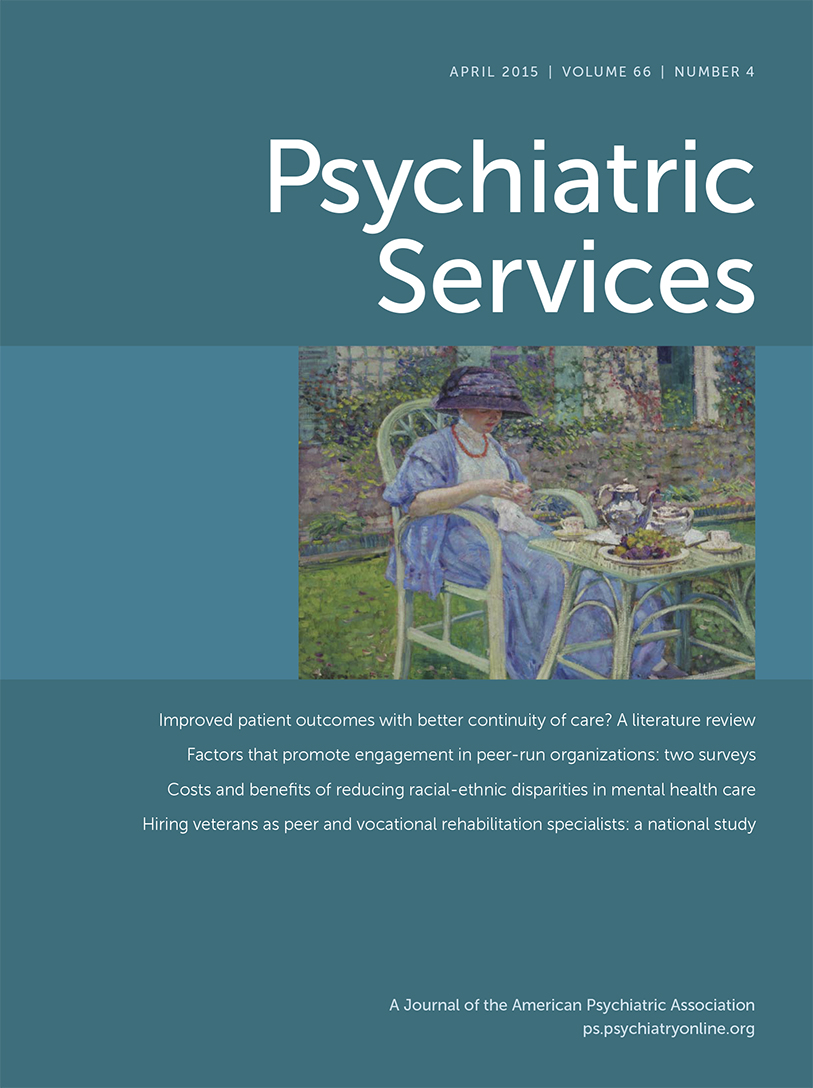Grief, Bereavement and Depression: A Clarification: In Reply
In Reply: I appreciate Dr. Pies’ comments. However, I’m not arguing that it is impossible to have major depression and to be grieving. I’m arguing that it is likely that someone experiencing serious grief will meet the major depression criteria and, despite the DSM-5 cautionary note and footnote, be diagnosed as having major depression—even though the individual does not actually have any disorder, illness, or disease. Why? Because giving individuals a diagnosis of major depression makes them legitimate psychiatric patients, authorizes treatment, gets them a prescription, gets us paid, and gets them sick leave and maybe even disability payments. All of which may distract them from the support in grieving that would actually help them.
I recently saw a documentary about five people with bipolar disorder, only one of whom I thought had the disorder, even though all of them more or less met the criteria. The other four were an emotionally damaged rape victim, an ex–foster care kid who became a lonely speed-addict artist, a woman with an erratic life and a borderline personality, and her boyfriend who she was “driving crazy.” All four of those people could have received helpful services, but they had been diverted into a bipolar diagnosis, pill compliance and noncompliance, and a mental illness identity—all of which likely won’t be of much help. Also, the funding that could go into other, more helpful services is diverted into these medical services.
Maybe all DSM-5 diagnoses should have a list of human experiences that could result in meeting the criteria for the diagnosis, along with a note that reminds DSM-5 users that such persons do not necessarily have the disorder and that asks the clinician to consider how the person could be helped without becoming a psychiatric patient. For example, a clinician might say, “You might not have major depression, even though you meet these criteria, because you’re heavily bereaved. But you can be supported in your grief.”



